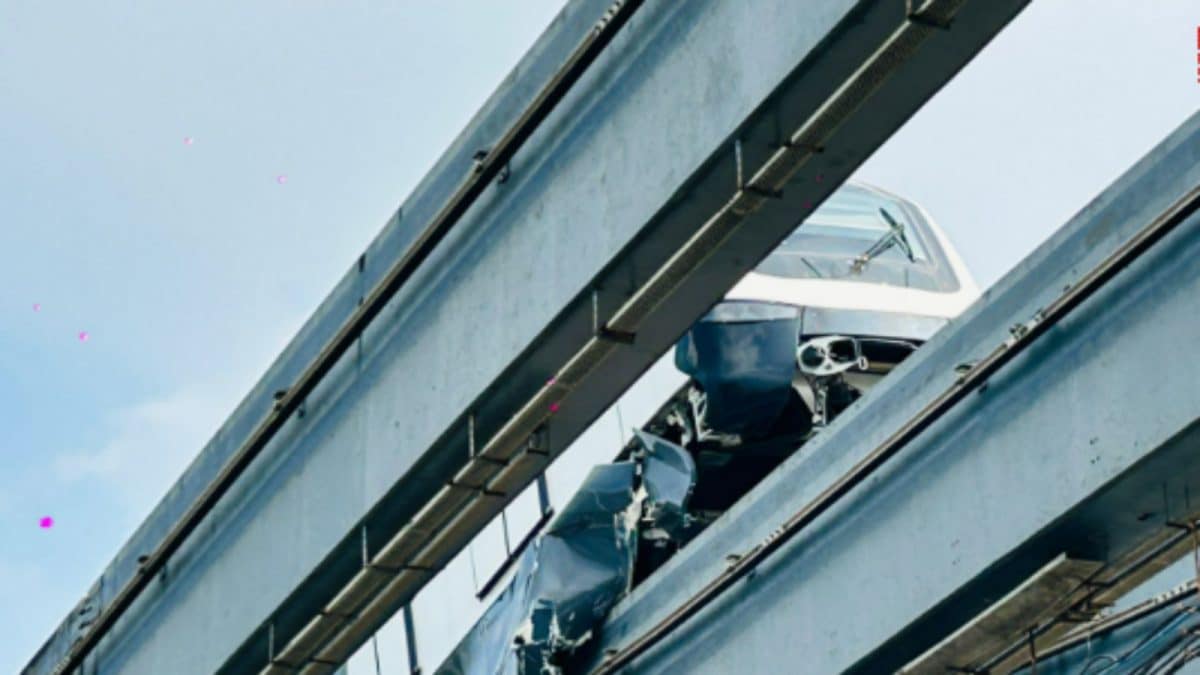The Election Commission of India (ECI) will begin the enumeration phase of the special intensive revision (SIR) of electoral rolls in 12 States and Union Territories on Tuesday (November 4, 2025).
The SIR exercise will cover close to 51 crore voters in Tamil Nadu, West Bengal, Kerala, Uttar Pradesh, Madhya Pradesh, Rajasthan, Chhattisgarh, Goa, Gujarat, Puducherry, Andaman and Nicobar Islands, and Lakshadweep.
Among these, Tamil Nadu, Kerala, West Bengal, and Puducherry will go to the polls in 2026.
Also Read | SIR 2.0: List of documents that can be used for SIR in 12 States and UTs
The first round of the clean-up exercise was carried out in Bihar earlier this year, during which more than 68 lakh names were deleted from the electoral rolls.
The house-to-house enumeration process will take place from November 4 to December 4. The ECI will publish the draft rolls on December 9, after which claims and objections can be submitted from December 9 to January 8. Notices will be issued, and hearings and verifications will take place from December 9 to January 31.
The final electoral rolls will be published on February 7.
EDITORIAL | Fraught franchise: On a nationwide Special Intensive Revision exercise
In most of these States, the SIR exercise was last carried out between 2002 and 2004, and they have nearly completed the mapping of current electors according to it.
The ECI has implemented certain changes to the SIR 2.0, drawing upon insights gained from the experience in Bihar. Among the most significant changes is the directive that no documents should be collected from electors during the enumeration phase. The poll body took this decision after it found in Bihar that a substantial number of voters could be traced to the electoral rolls prepared after the preceding SIR.
Secondly, prior to the announcement of the SIR, the poll body had begun the process of matching the current voters’ lists with those from the years 2002 to 2004, during which the last SIR was conducted in these states. This procedure has been referred to as pre-mapping. So most States are expected to have the lists of people whose names were already there in the voters’ list, and they are thus not expected to submit any of the 11 indicative documents along with their enumeration forms.
Aadhaar has been added as the 12th document, as directed by the Supreme Court, but only as proof of identity and not of citizenship.
The poll body has also amended the enumeration form, incorporating a column where a parent or a relative can provide a signature in the absence of the voter. This signature will be counter-signed by the booth-level officer (BLO).
For electors whose enumeration forms have not been returned, the BLO may ascertain a probable cause, including death or duplication, through inquiries conducted with neighbouring electors and document these findings.
Since the draft electoral rolls will only include the names of those who have submitted the enumeration forms, booth-wise lists of electors whose names have not been included in the draft rolls will be displayed on the notice board of the respective Panchayat Bhavan or the urban local body office and at the offices of the block development officers. This will enable the general public to access the aforementioned voters’ lists, along with the probable reasons for the non-inclusion of their names.
The electoral registration officers will issue a notice only after the publication of the draft rolls to those electors who could not be linked with the previous SIR in order to ascertain their eligibility.
Also, unlike Bihar, the voter rolls of all States will be available for mapping the names of voters and their parents or guardians. This means that voters can check their names in the voter list of any State in the country, not just in the State where they are currently residing.
In another modification to the process, fresh voter registrations will be carried out simultaneously during the house-to-house enumeration exercise. The BLO will carry at least 30 blank Form 6s along with blank declaration forms to provide to anyone who seeks to enrol as a new elector.

 1 day ago
5
1 day ago
5










 English (US) ·
English (US) ·